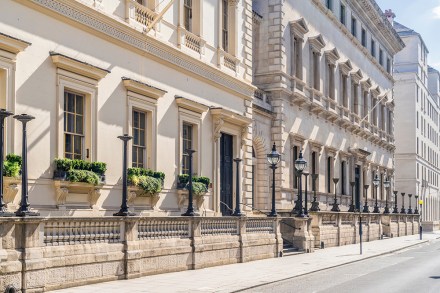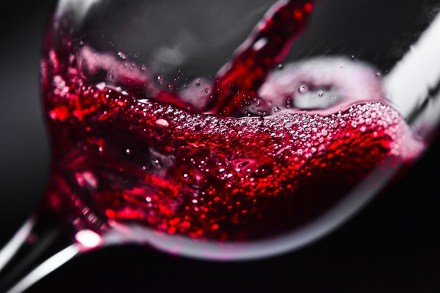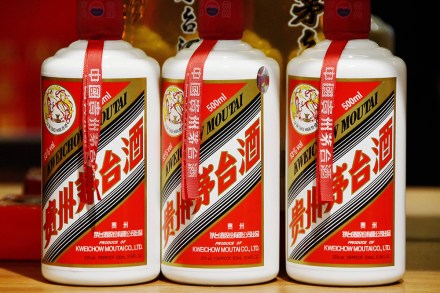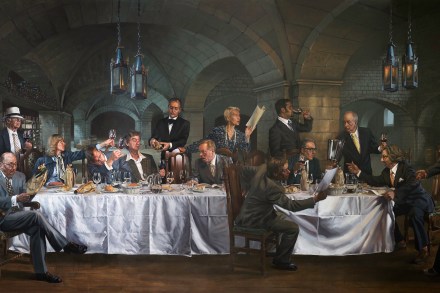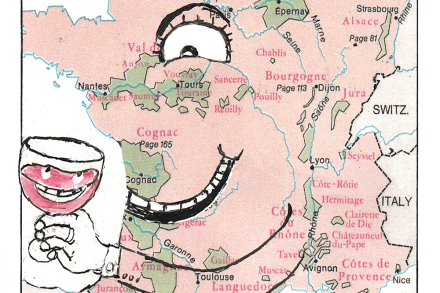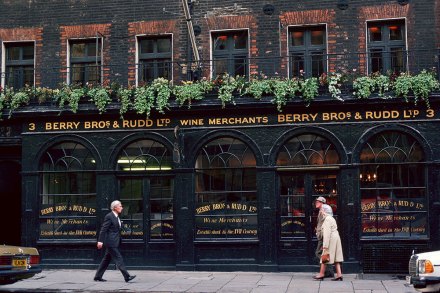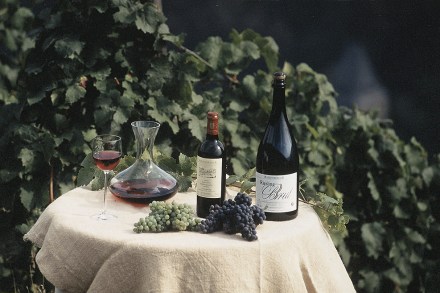Wine to pass the cricket Test
What to drink while watching cricket? Beer or even Pimm’s for the village green, but I think that a Test match on television demands wine. What a series we are having: likely to go down in the record books as a great example of the greatest of games. Cricket incites memories. The current Indian side have a claim to be world champions. In this last Test, they thumped England even though they rested Jasprit Bumrah, probably the best bowler in the world today. But I recall earlier days when they were usually easy victims in England, with one exception: Sunil Gavaskar’s match. This was in 1979 at the Oval and




